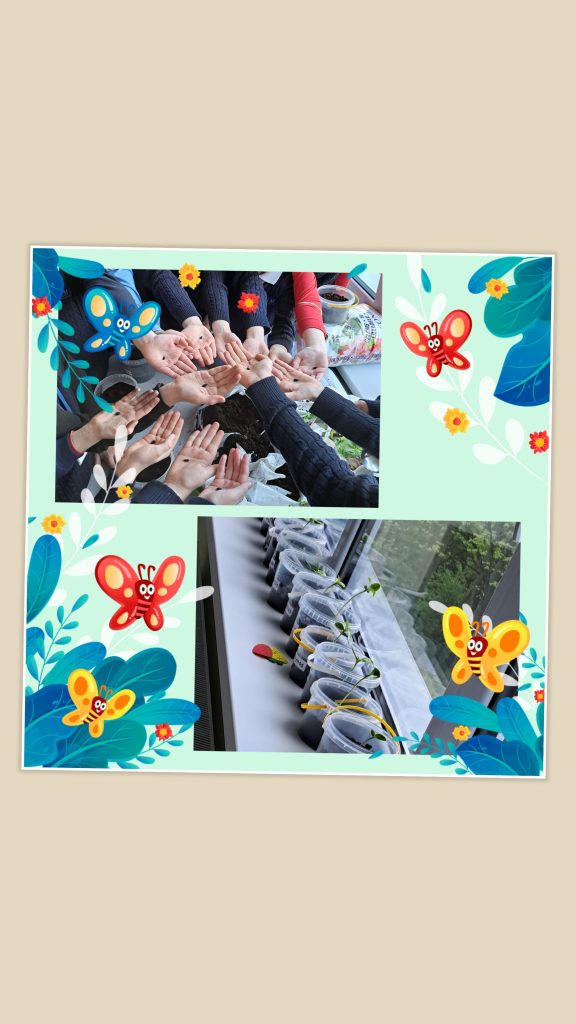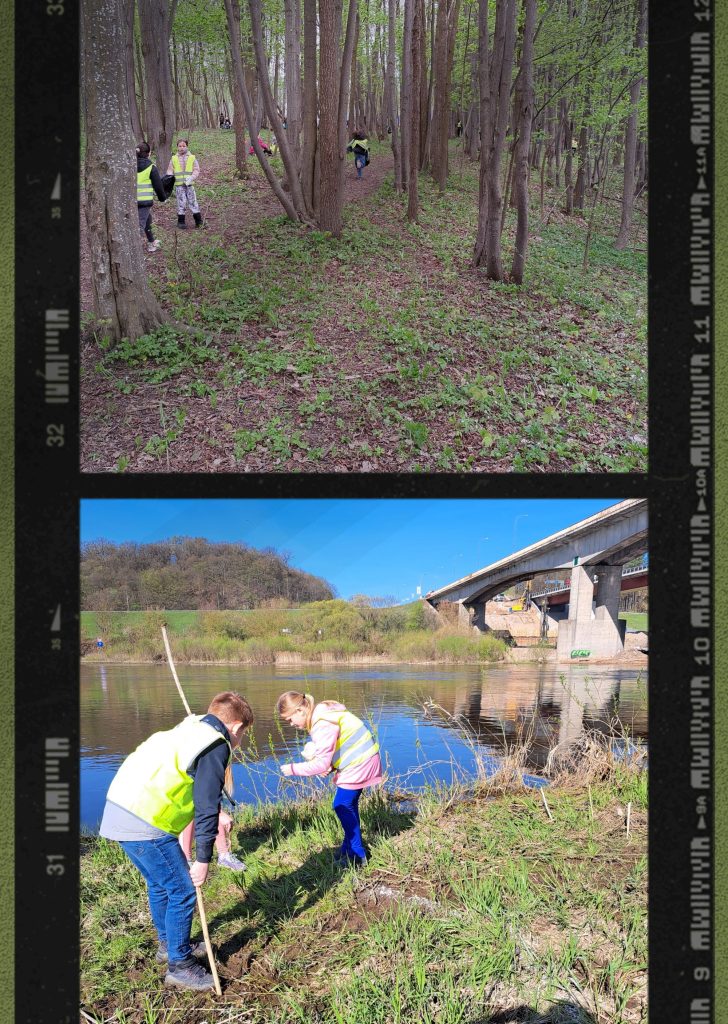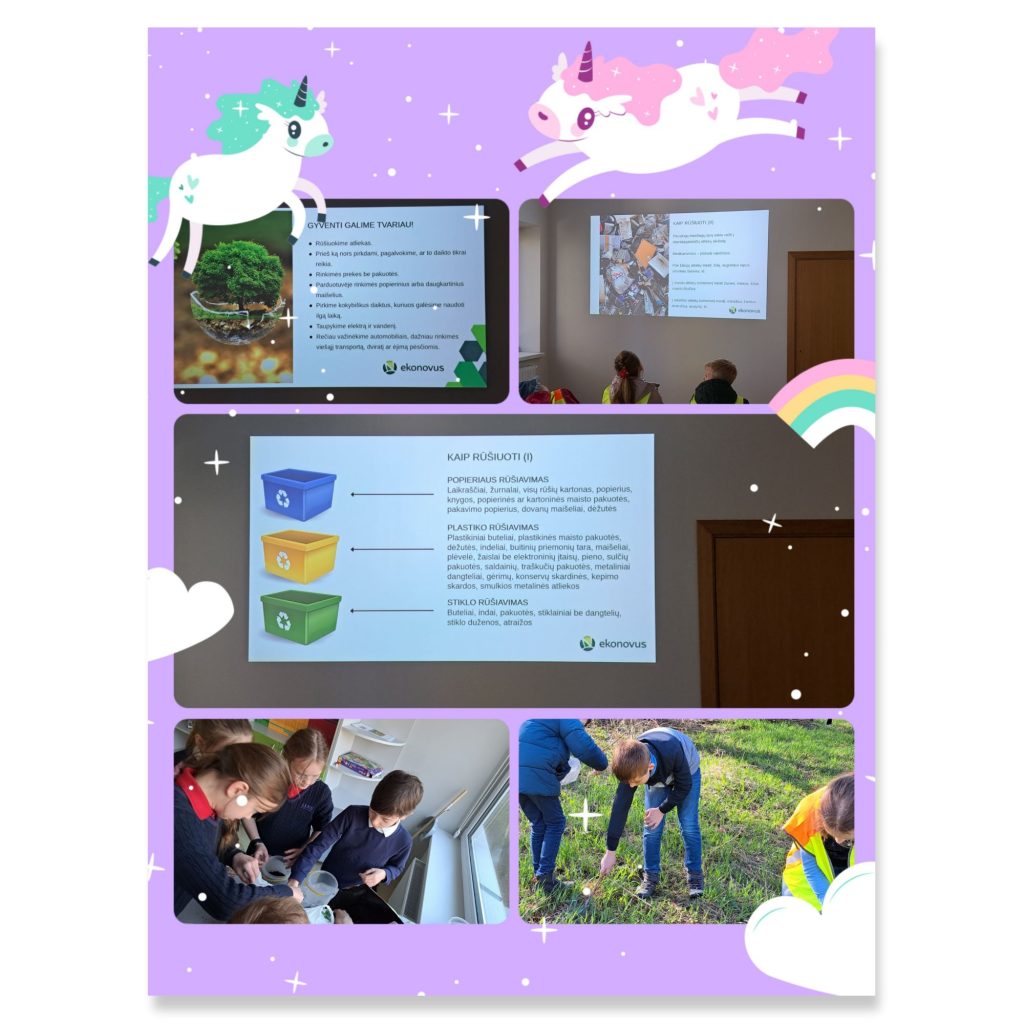Climate Detectives Projects 2022-2023
Project title: Aren’t we going to be short of drinking water?
Team: Climate detectives – 3a&3b
LSMU pradinė mokykla Kaunas Lithuania 35 Student’s age: 8-9 years old
We investigated what are the causes of drinking water pollution in our city of Kaunas. We hear / read calls to save drinking water.
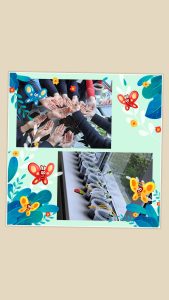
We started our investigation by getting known about climate change. We had an online lesson „Climate change“ which was held by professor Egidijus Rimkus from Vilnius University.
https://www.youtube.com/watch?v=DQQhbz1uRbY
Environment pollution causes climate changes, what brings disbalance into ecosystems.
Kaunas city watering places are located by the Neris and the Nemunas rivers. The underground waters of these water bodies are fed by the water of the Neris and Nemunas rivers, which is cleaned mechanically and bacteriologically in 3-12 months by filtering through sand-gravel sediments and only then enters the well filters, where it is supplied to consumers with the help of pumps.
At first we conducted experiments with water. We have found that water is an excellent diluent and dissolves many substances, including poisonous ones. As a result, we may not even see the problem – the poisonous substance dissolves and becomes invisible.
This discovery made us think about a clean environment. We went to clean the banks of the Neris River. Before coming to the river, we didn’t expect to find much garbage there. Before coming to the river, we didn’t expect to find much garbage there. We were very surprised to find plastic bottles stuck in the bushes by the river.
We asked our parents to join our team and help us to clean the park near our school. We cleaned about 100 square meters of the river bank.
Finally we had a waste sorting lesson at Kaunas ECONOVUS company, Vandziolagos str. 92, Kaunas. We visited this plant, watched the waste sorting process, learnt the importance of recycling. The idea of waste sorting and recycling was not new to us, but the students saw in practice that it was useful. Paper is recycled to save trees, glass can be recycled up to nine times.
Students become waste sorting experts who will implement the idea of waste sorting at home.
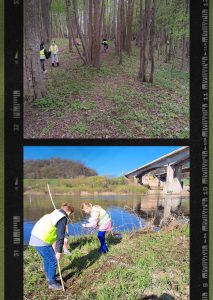
The participation in Climate detectives allowed us to discover the problem that the river near the school, which supplies drinking water to our city, is polluted with plastic waste. We will clean the river bank at least a piece of 50 meters long each year. We will not experience a shortage of drinking water if we treat the available water bodies safely, if we save drinking water from the tap, sort waste and do not spread it in nature.
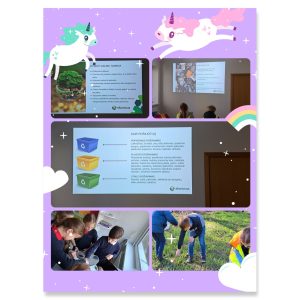
The participation in Climate detectives allowed us to discover the problem that the river near the school, which supplies drinking water to our city, is polluted with plastic waste. We will clean the river bank at least 50 meters each year.
Projects are created by the teams and they take the full responsibility of the shared data.
← All projects


